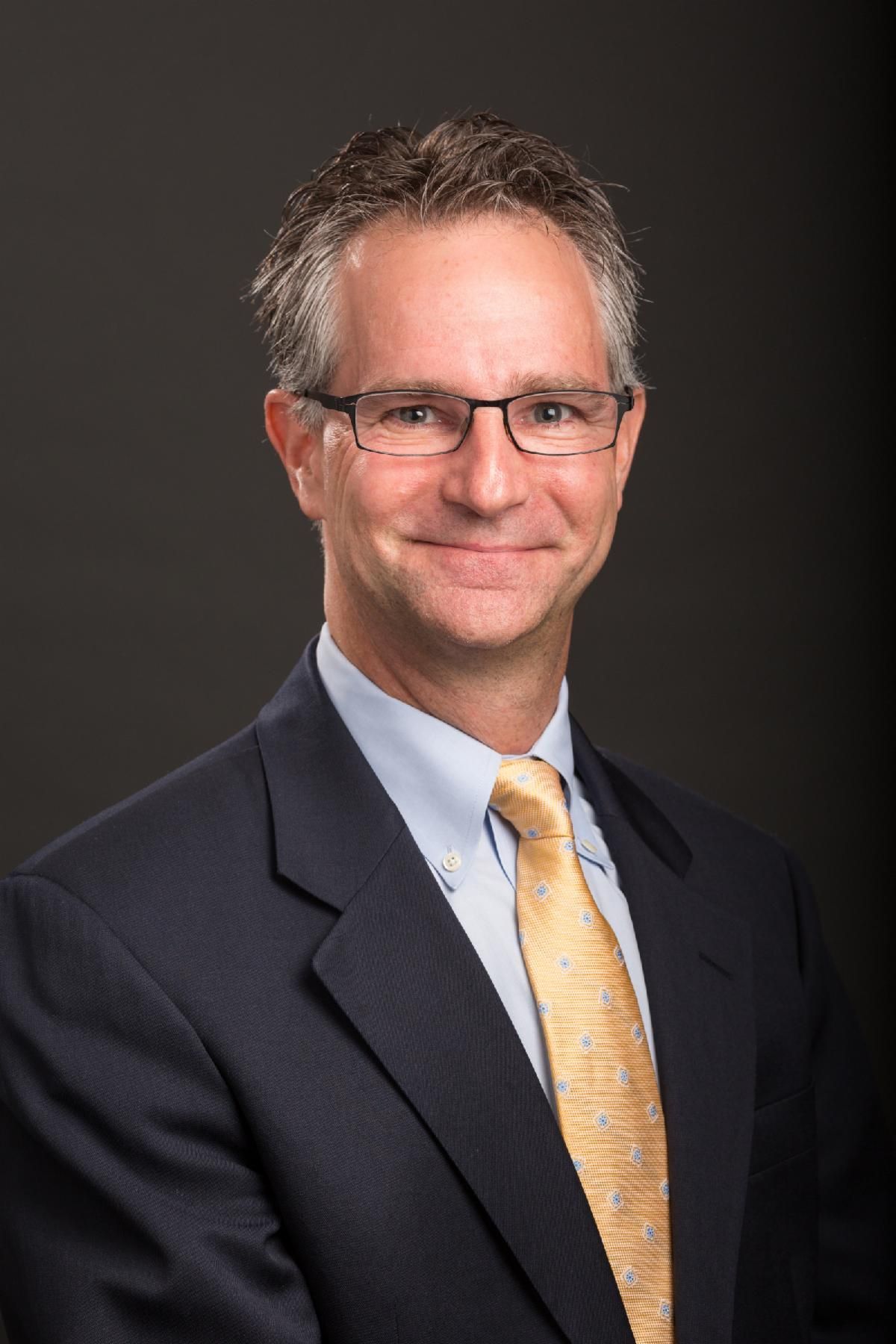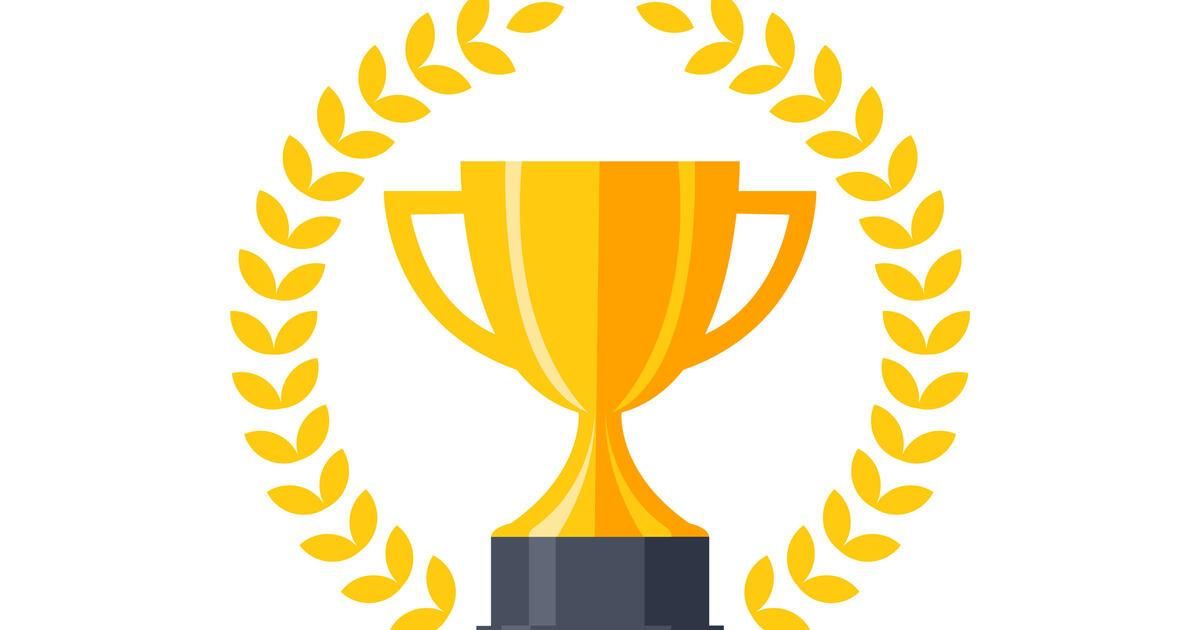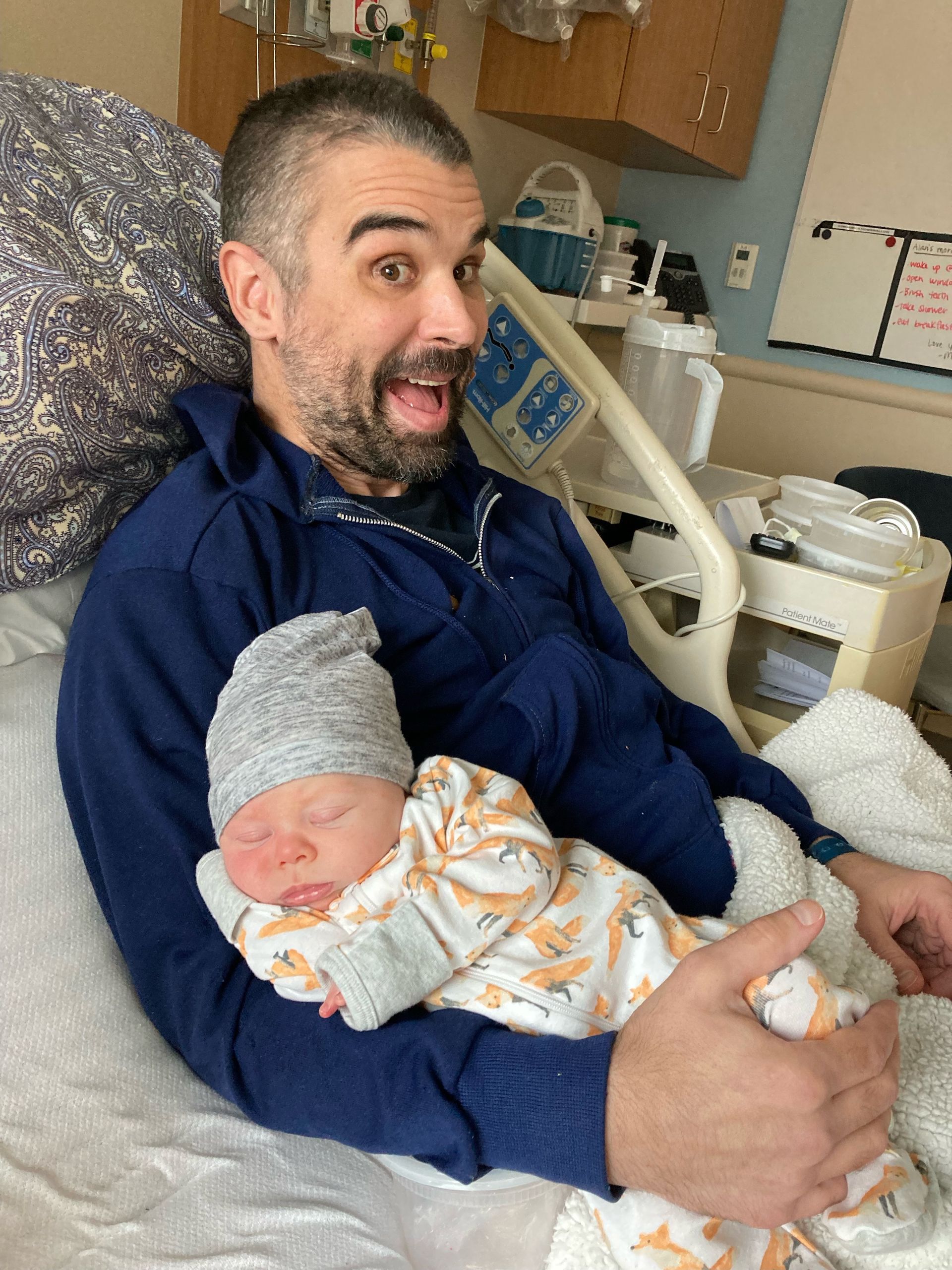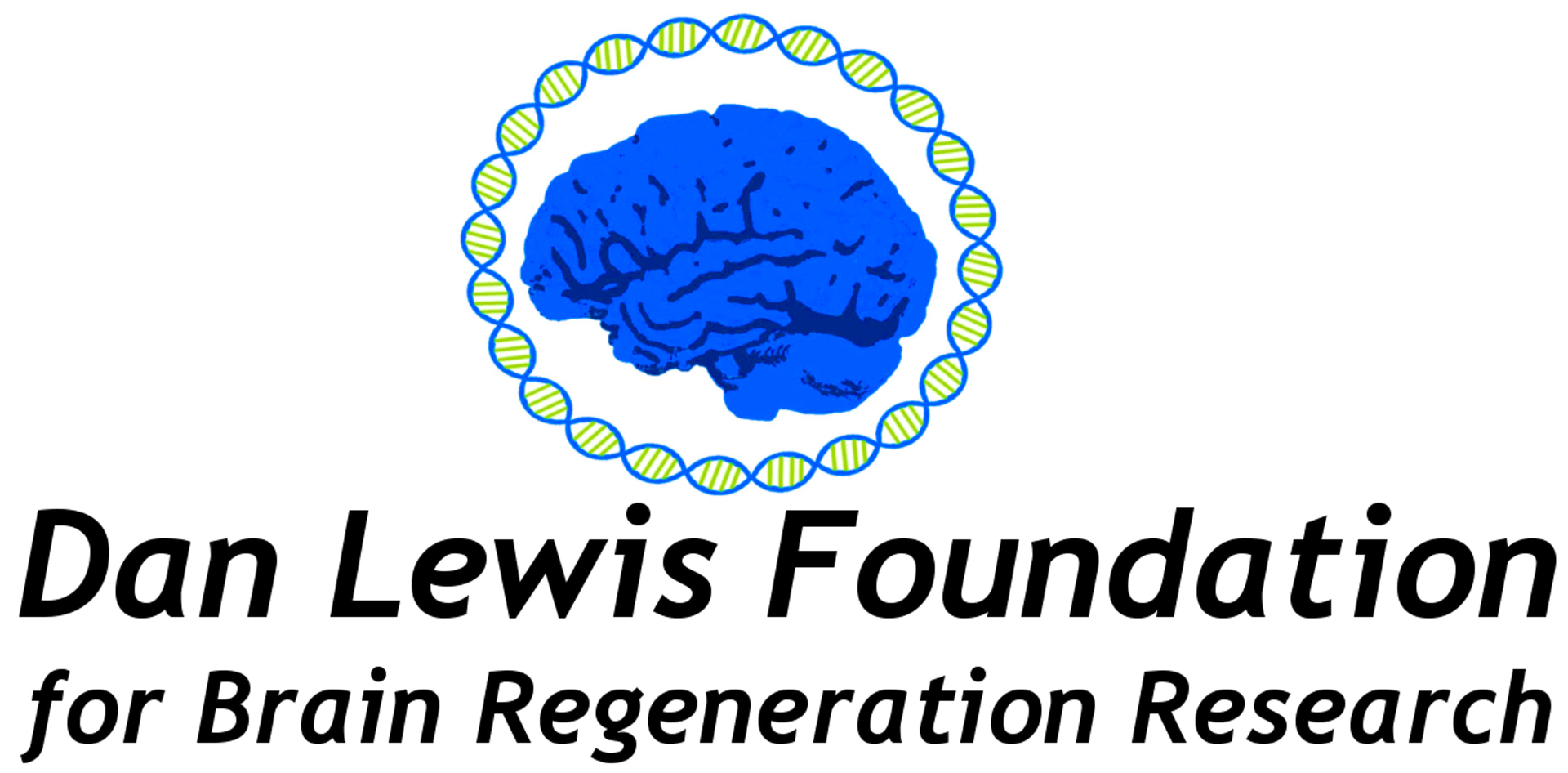
Michael C. Crair, Ph.D., serves on the Science Advisory Board for the Dan Lewis Foundation and on its Board of Directors. Dr. Crair has been instrumental in developing the research agenda the Dan Lewis Foundation has established. He recently worked with members of the Science Advisory Board to select the first winner of the Dan Lewis Foundation Award, an award selecting a post-doctoral neuroscientist working in the field of brain regeneration.
Michael C. Crair is the William Ziegler III Professor in the Department of Neuroscience, Professor of Ophthalmology & Visual Science, and Vice Provost for Research at Yale University. Dr. Crair obtained his doctoral degree in physics from the University of California, Berkeley, and did postdoctoral training in physics and neuroscience at Kyoto University and Kyoto Prefectural Medical School in Japan and in neuroscience at the University of California, San Francisco. He was a faculty member at Baylor College of Medicine in Houston, Texas, before coming to Yale as a member of the Department of Neuroscience in 2007. He has directed Yale’s Vision Core Program, the Graduate Program in Neuroscience, was Deputy Chair of the Department of Neuroscience from 2015-2017, then Deputy Dean for Scientific Affairs (Basic Science Departments) at the School of Medicine from 2017-2020 when he became the Vice Provost for Research at Yale University.
Dr. Crair maintains an active research program that develops and employs advanced imaging techniques to examine the basic mechanisms that mediate brain circuit development. He has made fundamental contributions to our understanding of neural activity in the developing brain by demonstrating that early spontaneous neuronal activity is an essential part of normal brain development. He is currently exploring the mechanisms by which this activity is generated and how it shapes brain circuit development. He has been awarded numerous honors for his research and teaching, including the Esther A. and Joseph Klingenstein Foundation Fellowship Award in the Neurosciences, the Marc Dresden Excellence in Graduate DLF Science Advisory Board Spotlight Education Award, and a NARSADSidney R. Baer Jr. Foundation Young Investigator Award. He has also been named an Alfred P. Sloan Foundation Research Fellow, a John Merck Fund Scholar, and the March of Dimes Foundation’s Basil O’Connor Fellow.


